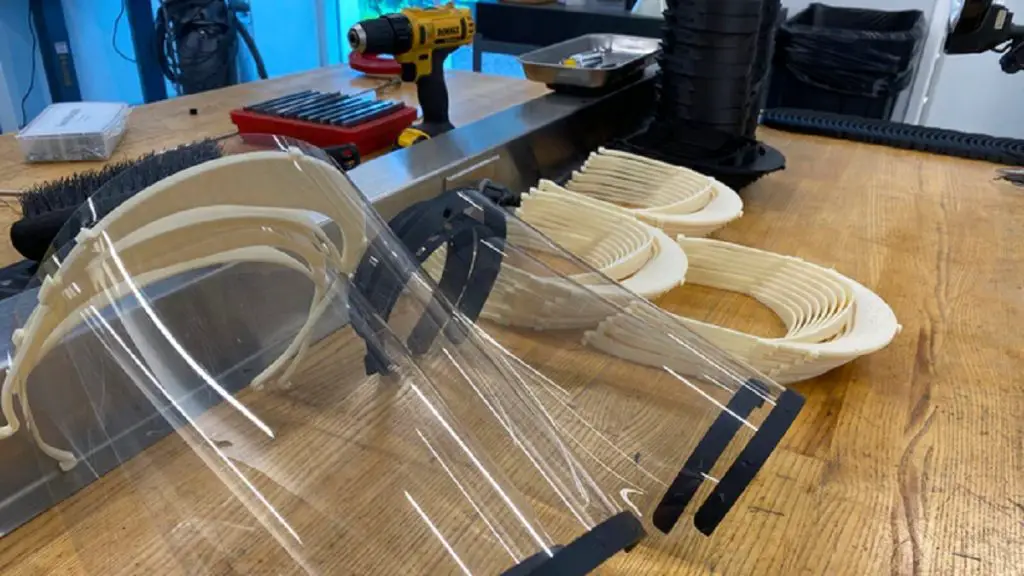Technology has put Africa on the map catapulting the continent to the table of innovators addressing challenges with locally available solutions.
With the Covid-19 coronavirus pandemic hitting the world and blindsiding even the most stable of economies, technology has come in handy to help address the situation which threatens to bring the world economy to its knees.
With no cure and spreading like a bushfire, the coronavirus outbreak has brought to the fore what technology can do in mitigating effects of the disease.
EdTech in Tanzania: Youth innovating for youth
Africa has not been left behind and there are companies and individuals who have dived into the deep end of things in a race against time to at least slow the spread of the disease.
With traditional supply chains failing around the world, some supplies are quickly becoming unavailable in Africa. This means that conventional methods of supply may not fully meet these needs.
However, digital manufacturing is enabling a distributed and localized manufacturing response that is agile in the face of this crisis.
Hospitals and other institutions need key equipment to slow the spread and combat the effects of Covid-19. To ensure that this is possible, one company in Kenya is delivering medical equipment using 3D printing.
Some of the challenges that many health institutions in Africa suffer from include outdated supply chains, broken machinery and the usual limited access to speciality equipment. In Kenya, these challenges can paralyse hospitals.
In spite of the many challenges in bringing health care to those in need, Kijenzi is hoping to change that. Kijenzi has its manufacturing hub in Kisumu and in response to the Covid-19 crisis the company is producing personal protective equipment (PPE) and spare parts for machines. The company has already begun manufacturing early-stage response items such as touchless door openers.
Kijenzi, which was conceptualised at Penn State College of Engineering’s main campus, is working with Field Ready and other international organizations to equip medical staff to handle the pandemic with minimum risk to themselves.
How disruptive technologies are impacting HR services
The company is taking engineered solutions to the needs of institutions by crafting appropriate solutions. Some of the PPEs Kijenzi is producing include face shields and other physical distancing aids like door openers. Kijenzi is also producing spare parts for medical equipment like tube splitters for dual ventilator use, bottle nozzles, control knobs and other parts in demand by institutions. The company is targeting to comfortably supply hospitals and institutions in Kenya with PPEs and other supplies in the next three months.
It says that in the following 3-18 months, its team will focus on providing spares to overwhelmed healthcare facilities and other institutions which do not have a strong supply chain.
Originally, Kijenzi’s intention was to create an easily moveable 3D printer which could quickly produce health equipment like braces, clamps and vacuum pumps at low cost.
Since the inventors at Kijenzi could not easily get the CAD design files needed to print the equipment, they moved from printing to developing a system allowing hospitals to access these files and train people to print the parts.
This shift allows clinics in Kenya to produce or “print” the equipment and instruments they need when necessary using the Kijenzi system.
Already, Kijenzi has requests for nearly 400 different parts in its system. After substantial testing and merging, Kijenzi is preparing to launch its initial programme in Kenya this month.
